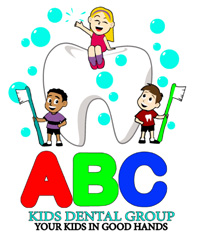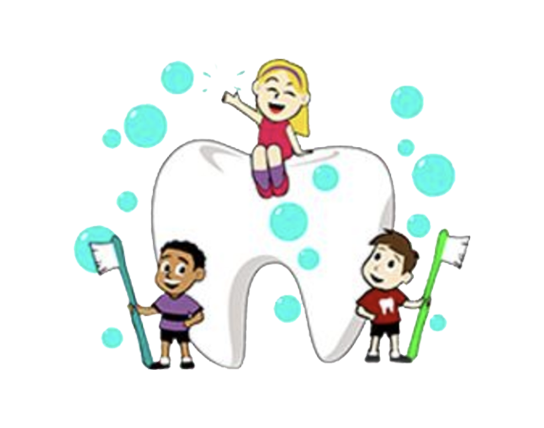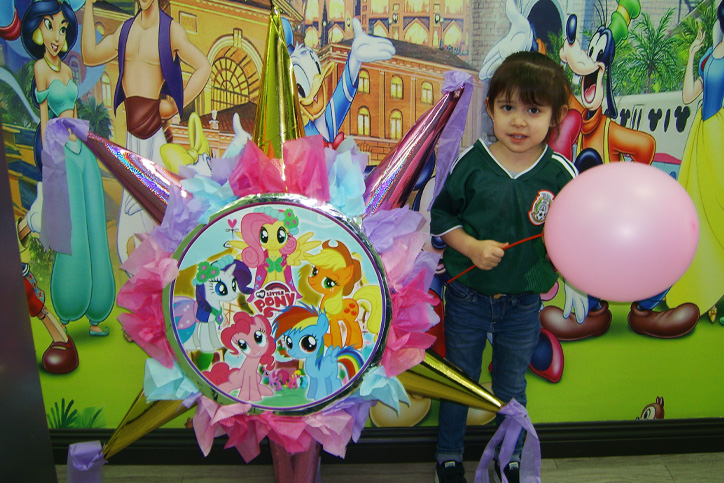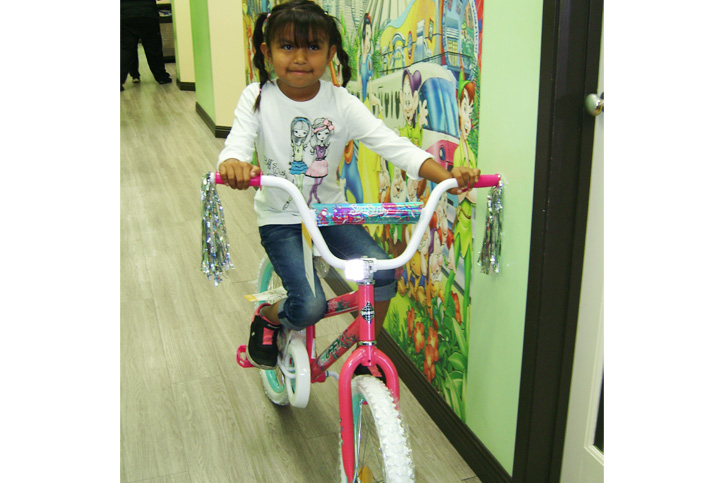Emergency Dental Care
At ABC Kids Dental Group, we understand how important it is for children to have a place to go for emergency trauma care. Children often experience the need to see a dental professional right away. Our offices are always open for walk-in dental emergencies. However, until you see the dentist, here is some practical suggestions:
What to Do If...
-
Your child has a chipped, fractured or broken tooth:
First, check your child’s tooth to assess the level of damage. Often, chipping or light cracking — which are typically minor and require minimal treatment, if any — can be confused with more serious tooth damage. But should you find that the crack looks deep, or the tooth has broken into pieces, your child may be at risk for an infection and tooth loss. In case a tooth chips or breaks, try to save the pieces and then rinse the child’s mouth with warm, salt water. Use gauze or a clean washcloth to apply pressure to the area to stop the bleeding. As soon as the bleeding stops, apply cold compress and bring your child to our dentists immediately. The pieces of the broken tooth may or may not be reattached by your dentist, but it is good to bring them in any case. Often a chipped tooth can be repaired right away using a filling material. Occasionally, the chip is so severe that a root canal must be performed before the tooth is restored. This can be determined after the exam and x-ray that is done by our dentists during the emergency visit.
-
Your child’s tooth gets knocked out due to trauma:
No ifs, ands or buts about it — having a tooth dislodged qualifies as an emergency. Time is of the essence when it comes to your chances of saving your child’s tooth, so contact one of our offices immediately. If your child’s teeth get dislodged because of trauma, apply a cold compress on the affected area to reduce swelling and bring the child to your dentist immediately. Successful reattachment usually happens within the first hour that the tooth is knocked out. Keep the tooth moist and safe on your way to our dentists by putting it in a cup of milk, or water with a pinch of salt.
-
Your child has a severe toothache:
Even the mildest and most fleeting of toothaches shouldn't be overlooked, but extremely painful and persistent cases need immediate attention and could be a sign of an exposed nerve or tooth infection. To avoid aggravating the tooth any further, clear the problem area of food particles as best as you can by flossing gently and rinsing with warm water. Contact us immediately.
-
Your child’s braces come loose:
It may not sound so dire, but braces that come undone can be more than just aggravating. The wires are sharp enough to get stuck in your child’s sensitive cheeks, gum and mouth if they come free. Avoid getting your child poked by covering the pointed end with cotton, gauze or beeswax. Try not to pull on the wire to avoid further complications. Contact us immediately.
-
Your child has something stuck between their teeth:
Using teeth to rip open packaging or chewing on a pen or pencil (all of which are dental no-no's) can cause small objects to get wedged between teeth. While it may cause discomfort, don't let your child reach for something sharp to dislodge it — doing so could damage your child’s enamel and gums. Try flossing it out instead. In the event that does not work, play it safe, contact us and have our experienced dentist remove it.
Besides the Teeth, What Should You Do with Trauma to Oral Structure?
Soft oral tissues like the gums, cheeks, the tongue, and the lips, can also acquire injury and require emergency trauma care. When this happens, stop the bleeding by applying gentle pressure. Rinse your mouth with a salt solution to disinfect, and then put ice over the affected area to reduce swelling. If the bleeding does not stop in 15 minutes, head on down to the emergency room for professional care.
Preventative Care and Other Precautionary Measures
As dreadful as these dental emergencies sound, it's simple to help safeguard your child’s smile from such problems. To minimize the chance of oral trauma from occurring, follow these safety tips:
- Have your child wear a mouth guard when playing sports or engaging in extremely physical activities
- Make sure your child avoids eating overly hard foods, and cut food into bite-size pieces when possible
- Watch your child use scissors to open bags or boxes, not their teeth
- Make sure to keep objects out of your child’s mouth
Coming to ABC Kids Dental Group to see our dentists regularly is also critical to detecting and treating minor problems before they become worse. Get a checkup for your child at least every six months.
Call us at 833-i-ABC-Kid (833-522-2543). or visit one of our offices in Pacoima, Sun Valley or Granada Hills.



